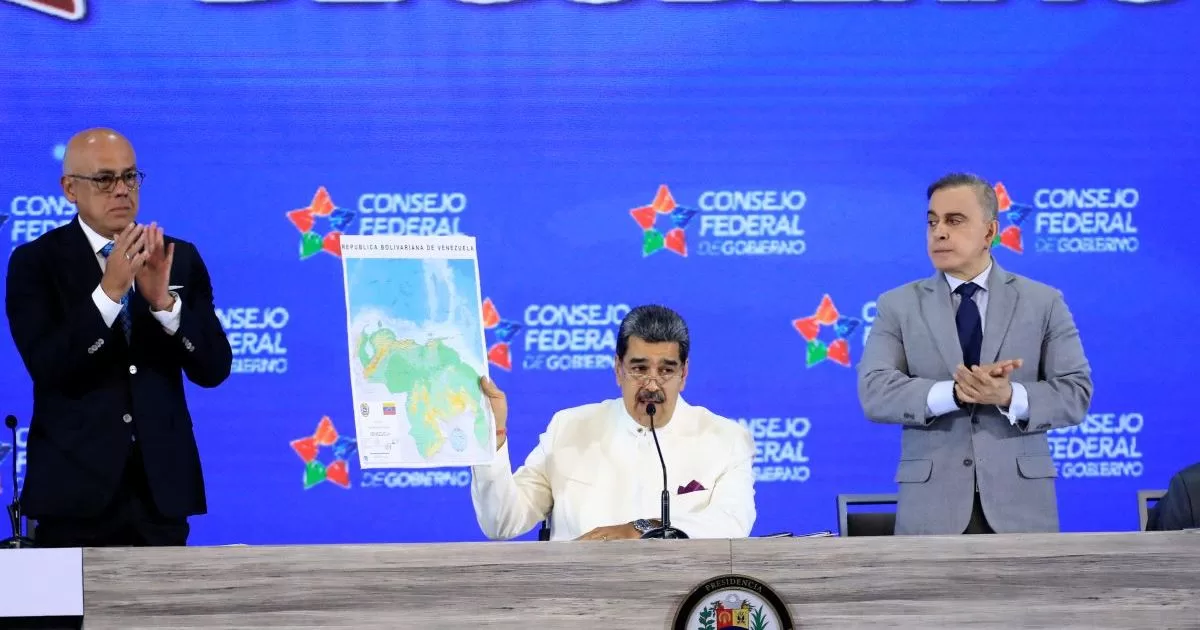The Senate of neighboring Nigeria took a position on Saturday against the plan of the Economic Community of West African States (ECOWAS) and urged the president of Nigeria, the current president of the bloc, to seek alternative options to the use of force. ECOWAS can still go ahead as final decisions are made by consensus of member states, although the warning before the deadline raised questions about intervention.
Algeria and Chad, two neighboring countries that are not part of ECOWAS and have strong armies, have said they oppose the use of force or will not intervene militarily, while Mali and Burkina Faso, governed by military juntas, have said that the intervention would be taken as a “declaration of war.”
Niger’s President Mohamed Bazoumsaid said he was being held “hostage” by the mutinous soldiers. An ECOWAS delegation was unable to meet with the junta leader, General Abdourahmane Tchiani, who analysts say led the coup to avoid being replaced. Now the junta has contacted the Russian mercenary group Wagner for help, while cutting security ties with the country’s former colonial power, France.
Hours before the deadline on Sunday, hundreds of youths joined security forces in the dark streets of Niger’s capital, Niamey, to stand guard at a dozen roundabouts until morning, checking cars for weapons and weapons. fulfilling the junta’s call to watch out for spies and foreign intervention.
Some passing cars honked their horns in support. Others called for solidarity among African nations.
At first it was not clear what the regional organization would do.
The bloc should have given 48 hours, instead of a week, to reinstate Bazoum, said Peter Pham, a former US special envoy for the Sahel region and a senior member of the Atlantic Council. “Now it has been extended, which gives the junta time to dig in,” he said.
The most favorable scenario for an intervention would be an aided force within the country, he noted.
The coup has been a severe setback for the United States and its allies, which saw Niger as the last important partner they had in their fight against terrorism in the Sahel, a vast region south of the Sahara desert and where jihadists associated with Al Qaeda and the Islamic State group have expanded their presence and threaten coastal countries such as Benin, Ghana and Togo.
Meanwhile, uncertainty in Niger has made everyday life worse for some 25 million people in one of the world’s poorest countries. Food prices are rising since ECOWAS imposed economic and travel sanctions after the coup. Nigeria, which provides 90% of the electricity in Niger, has cut part of the supply.
“Just eating is a problem for us. So if there is a war, that won’t fix anything,” said Mohamed Noali, a Niamey resident who was patrolling the streets.
___
AP writer Chinedu Asadu in Abuja, Nigeria contributed to this report.
FOUNTAIN: Associated Press


